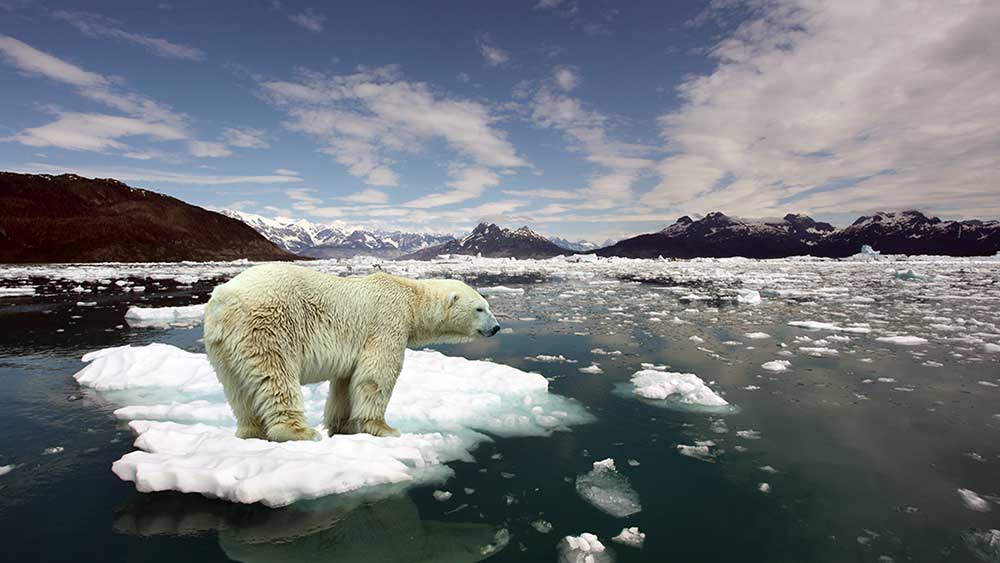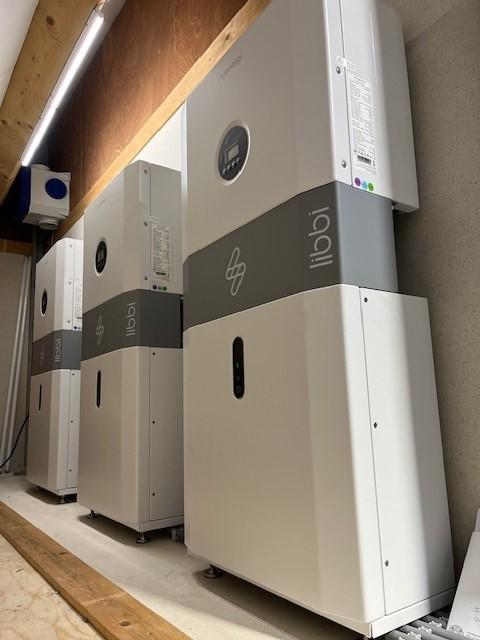The world has finally reached a point where the effects of climate change are no longer a controversial issue. We now know that we must act faster than ever to counter the effect of climate change. Complete denial that the earth is warming is now a rare occurrence. But what exactly are the effects of climate change?
There is still some confusion about what exactly climate change is and what are fables and facts. Therefore, we would like to help you get started by putting a few beliefs under the microscope.
1. Climate change is not new - the earth has always been changing
When we talk about climate change today, we mean the changes caused by humans. It is true that the climate has changed tremendously over the last 4 billion years. However, what we are concerned about today are the consequences of climate changes caused by human beings through the cutting down of trees and the burning of coal, oil and gas.
There have always been cycles of warming and cooling, but previously they always lasted thousands of years. What we are seeing now is the same changes taking place in a few decades. Rising levels of carbon dioxide in the atmosphere correspond to rising global temperatures. In fact, 17 of the 18 warmest years ever measured all took place after 2001.
When temperatures rise, ice sheets begin to melt and sea levels rise as well. One of the consequences of climate change is that the oceans have risen 27 inches in the last 20 years.
2. Plants need carbon dioxide. The more we produce, the better it is
Carbon dioxide in itself is not so bad, but there is simply too much of it on earth. Yes, plants and forests need carbon dioxide to survive and absorb large amounts. However, since the Industrial Revolution, we have been producing more and more and cutting down forests for our food production. The result of this drastic change is that the carbon dioxide now has nowhere to go and it is trapping the heat that is trying to escape the Earth.
3. Animals will adapt to the new conditions
It is true that animals and plants can adapt well to changes in their environment, but in the past they had hundreds or even thousands of years to do so. Now they have to adapt quickly, which is a huge challenge for some species. If they cannot adapt, they will have to look for another habitat. That too is a challenge since many environments are destroyed to grow food, build roads or houses.
As a result of climate change, it is expected that polar bears will be extinct by 2100. They need the ice to come ashore in the fall and to feed their young in the spring. However, the ice forms later and melts earlier and earlier each year. Polar bears cannot adapt to this lightning-fast pace and therefore have an ever-shrinking habitat.

4. Renewable energy costs more money
This is surprising to many, but generating electricity using renewable energy such as solar panels and wind turbines is much cheaper than producing energy using fossil fuels and gas. However, natural gas and fossil fuels are still widely used.
5. No need to worry about climate change impacts
This is one of the biggest misconceptions. We cannot continue to bury our heads in the sand. We do not want to saddle future generations with the consequences of climate change, do we? It is time to take action NOW. Climate scientists have warned that we have only 12 years left to limit the effects of climate change to a maximum of 1.5 degrees Celsius and prevent a complete collapse.
The consequences of climate change are huge
We cannot continue to deny the effects of climate change. It is a major environmental crisis and we must do all we can to stop it and limit the damage. Climate change is causing disease, migration and poverty across our planet. A home we want to preserve for ourselves and future generations.

 EV charging
EV charging Manage your energy
Manage your energy Maximize your energy
Maximize your energy Monitor your energy
Monitor your energy Find an installer
Find an installer Business charging station
Business charging station Pair zappi with a management platform
Pair zappi with a management platform





